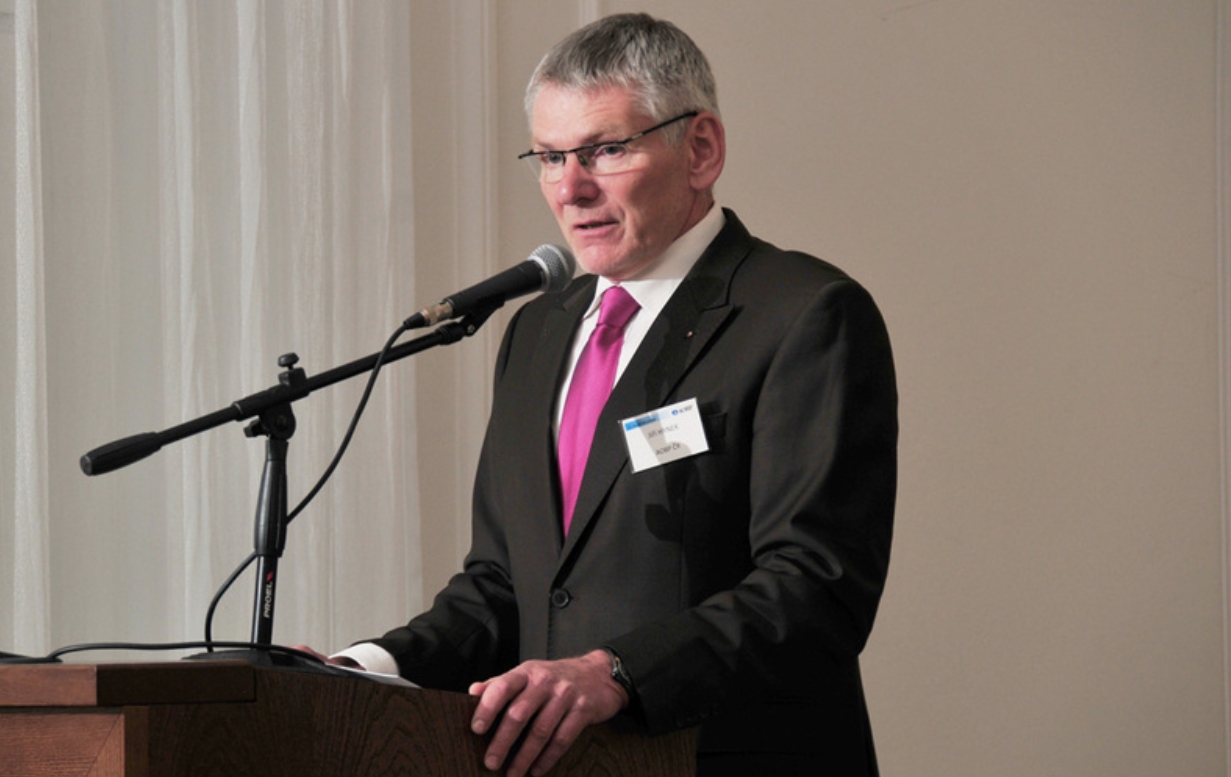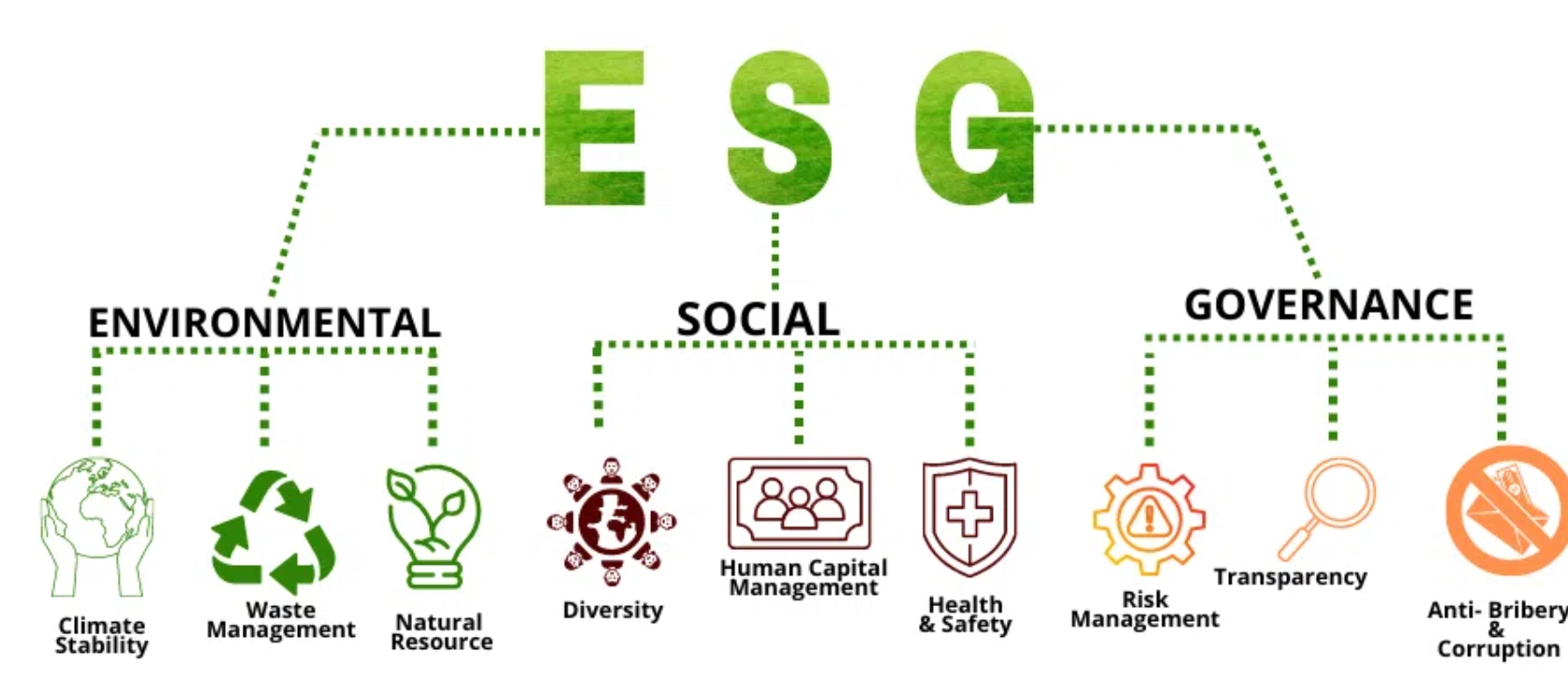European small defence companies face a lack of funds
31 October, 2024 Czech small arms. Photo: idnes.cz Small defence companies in Europe face a lack of funding and complex bureaucracy.
Reuters has learned that there are insufficient funds to implement innovations and expand production lines. According to manufacturers, access to government funding, bureaucratic obstacles, and banks' reluctance to lend due to the risk of violating environmental, social, and governance (ESG) standards are holding back the development of small defence businesses in Europe. This comes as global military spending reached a record £2.44 trillion in 2023, up 6.8% year-on-year and the highest since 2009.
"Most of the problems that the defence and security industry has faced in recent years continue to exist or even worsen," Jiri Hynek, Executive Director of the Association of the Defense and Security Industry of the Czech Republic, said.
 Jiri Hynek, Executive Director of the Association of the Defense and Security Industry of the Czech Republic. Photo credits: czdefence.cz
Jiri Hynek, Executive Director of the Association of the Defense and Security Industry of the Czech Republic. Photo credits: czdefence.cz
One small arms manufacturer told Reuters that the lack of money makes it difficult to sell products in Europe and participate in government tenders. The company's founder and CEO, who wished to remain anonymous, said this makes it difficult to expand the business and creates cash flow problems.
"It's very difficult to sell to European governments because I can't get an advance. If I want to supply the Czech government, they will pay me 30 days after delivery," he stated.
Difficulties for development
Reuters spoke to about a dozen companies, government officials and experts in the defense sector, and all agree that European governments should consider how to improve access to finance for small companies. The European Commission's 2024 report estimates that SMEs in the EU defence sector face a debt financing gap of EUR1 to EUR2 billion, which limits their growth and forces them to downsize operations and look outside the European Union for financing.
Overly strict interpretation of ESG criteria often leads to exclusionary policies by banks and investment funds in the EU.
The report notes that clear guidance to the financial sector on addressing sustainability issues could improve access to finance.
 Environmental, Social, and Corporate Governance
Environmental, Social, and Corporate Governance
"In a sector with long development cycles and significant capital needs, a lack of funding can hinder a company's ability to innovate, expand, or even maintain current operations," the report says.
Previously, former Finnish President Sauli Niinisto called on the European Union to spend 20% of its budget on defence within 7 years.